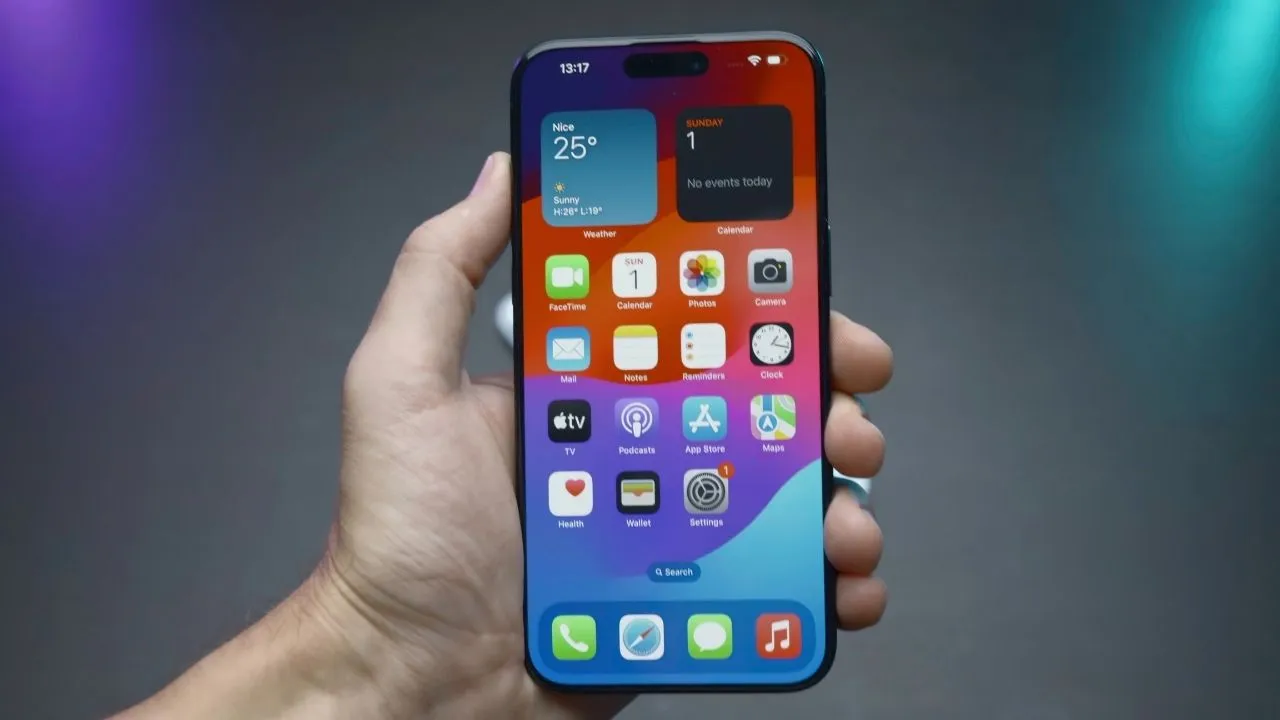In a digital age where culinary gems are unearthed through online searches, a battle is brewing between locals and tourists on the front lines of Google’s search results. Frustrated with overcrowded restaurants and diluted dining experiences, Redditors have taken up arms (or rather, keyboards) to deceive Google’s AI and safeguard their beloved local haunts. This unusual tactic involves flooding Google Maps and reviews with misleading information, discouraging tourists from venturing into these hidden culinary havens.
This phenomenon, which appears to have originated on Reddit, has gained traction in various online communities. Users share tips and tricks on how to subtly alter information on Google Maps, ensuring the AI algorithm paints an unappealing picture for those unfamiliar with the local scene. Tactics include posting fake negative reviews, inflating wait times, and even subtly altering restaurant descriptions to deter tourists.
Why the drastic measures? Many locals argue that the surge of tourists, often guided by Google’s recommendations, has led to increased wait times, diminished service quality, and a change in the overall atmosphere of their cherished establishments. They believe this digital subterfuge is necessary to preserve the authenticity and intimacy of their local dining scene.
The Battleground: Google’s AI-Powered Recommendations
Google’s AI plays a significant role in shaping a user’s search experience. By analyzing vast amounts of data, including reviews, photos, and user activity, the AI algorithm generates summaries and recommendations tailored to individual preferences. This powerful tool has become the go-to guide for many tourists seeking local experiences, including culinary adventures.
However, this reliance on AI has also created a vulnerability that locals are exploiting. By manipulating the information fed to the algorithm, they can influence its recommendations and steer tourists away from their favorite spots. This raises questions about the integrity of online information and the potential for manipulation in the age of AI.
The Ethics of Digital Deception
While some may sympathize with the locals’ desire to protect their cherished dining spots, the ethics of manipulating online information remain a gray area. Is it justifiable to deceive others, even if it means preserving a local treasure? Does this digital activism cross the line into online sabotage?
The debate rages on, with no easy answers. Some argue that it’s a harmless prank, a way for locals to reclaim ownership of their community. Others condemn it as dishonest and harmful, potentially damaging the reputation of businesses and misleading unsuspecting tourists.
My Experience with Tourist Overcrowding
Living in a popular tourist destination, I’ve witnessed firsthand the impact of overcrowding on local businesses. While tourism brings economic benefits, it can also strain resources and alter the character of a place. I’ve seen once-peaceful cafes become overrun with selfie-stick wielding tourists, and intimate restaurants transformed into bustling tourist traps.
While I understand the frustration of the locals, I believe there are more constructive ways to address the issue. Open dialogue with businesses and local authorities, promoting sustainable tourism practices, and encouraging tourists to explore lesser-known spots are just a few alternatives to consider.
The Future of AI and Local Experiences
This phenomenon highlights the growing influence of AI in shaping our experiences and the potential for its manipulation. As AI continues to evolve, it’s crucial to develop safeguards against misinformation and ensure that online platforms remain trustworthy sources of information.
Perhaps this episode will serve as a wake-up call, prompting a deeper conversation about the role of AI in our lives and the importance of preserving the authenticity of local communities in an increasingly interconnected world.










Add Comment